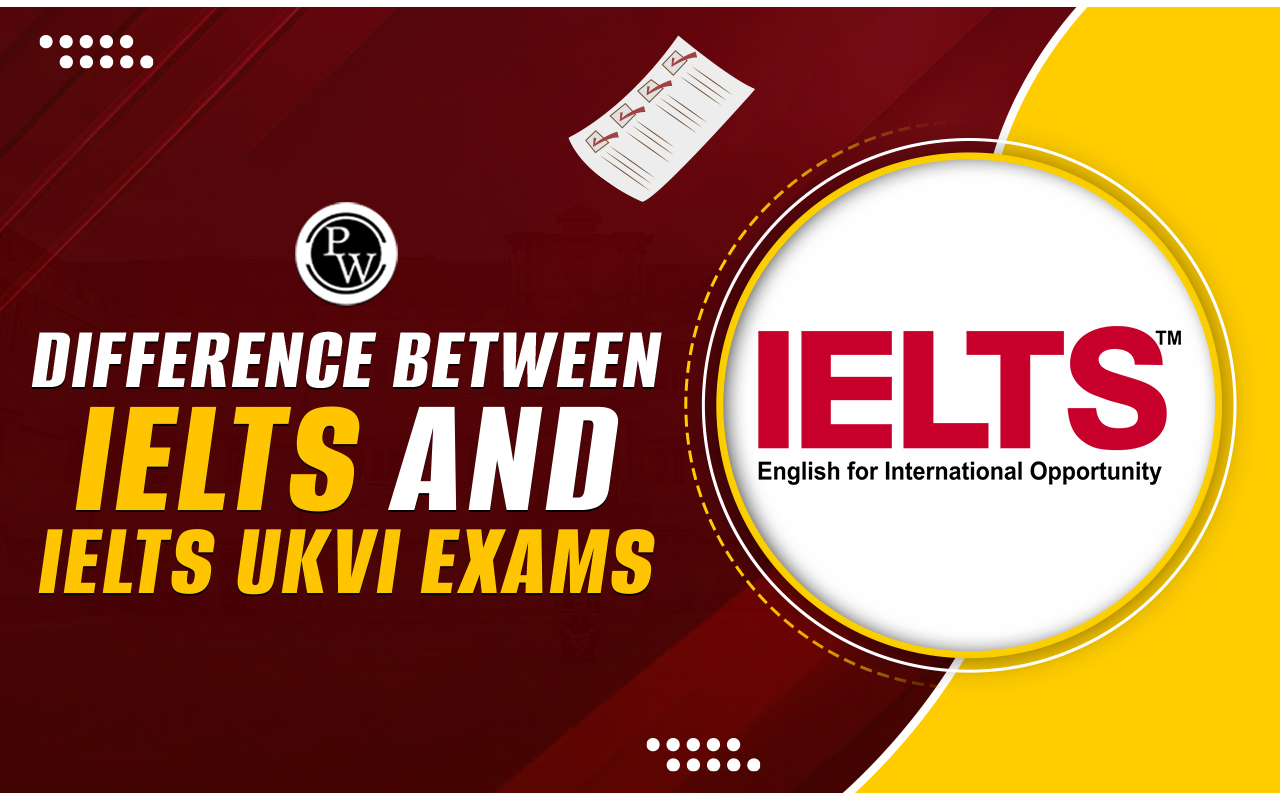Tips To Ace Academic Writing Task 1 for IELTS:
The IELTS Academic Writing Task 1 is a critical component of the
IELTS exam
, designed to assess your ability to summarize and interpret visual data presented in various forms, such as graphs, charts, tables, and diagrams. This task requires you to write a concise report of at least 150 words in just 20 minutes. To help you excel, here are detailed tips, strategies, and important insights into the
IELTS Writing Task 1
.
Understanding the Types of IELTS Writing Task 1 Questions
Familiarizing yourself with the different
types of IELTS Writing Task 1 questions
is essential for success. The task can include any of the following types:
|
Type of Question
|
Description
|
|
Bar Chart
|
Compares different categories of data at a specific point in time.
|
|
Line Graph
|
Shows trends over time, highlighting changes and patterns.
|
|
Pie Chart
|
Illustrates proportions and percentages of different components within a whole.
|
|
Table
|
Displays data in a structured format, making it easy to compare different variables.
|
|
Diagram/Process
|
Explains how something works or the steps involved in a process.
|
|
Mixed Graphs
|
Combines two or more types of graphs to present complex data.
|
Knowing these types will help you identify the best approach for your response in
IELTS Academic Writing Task 1
.
Tips To Ace Academic Writing Task 1
Here are some key tips to ace academic Writing Task 1 for IELTS and avoid common pitfalls:
1. Read Instructions Carefully
Although it may seem obvious, many candidates overlook the importance of reading the instructions thoroughly. The instructions provide essential guidelines on what to include in your summary. Misinterpreting the instructions can result in losing valuable marks, so take a moment to ensure you fully understand the task.
2. Use Appropriate Language
Using precise and appropriate language is crucial when describing the information in
IELTS Writing Task 1
. Avoid repetitive phrases by using synonyms and varied sentence structures. For example, instead of repeatedly using "increase," you could use terms like "rise," "grow," or "escalate." This not only makes your writing more engaging but also demonstrates your range of vocabulary.
3. Paraphrasing is Essential
Paraphrasing the question prompt is a key skill in IELTS Academic Writing Task 1. It shows the examiner that you can express ideas in different ways, which is crucial for achieving a high band score. Avoid copying the prompt verbatim; instead, rephrase it using synonyms and different sentence structures.
4. Focus on Tenses
Using the correct tense is vital when describing data in
IELTS Writing
Task 1. If the graph or chart refers to past events, use the past tense. For ongoing trends, use the present tense. Incorrect tense usage can confuse the reader and lower your overall score.
Read:-
How to improve IELTS Score in Writing from 6.5 to 9
5. Regular Practice is Key
Consistent practice is essential for mastering IELTS Academic Writing Task 1. Regularly practicing with sample questions helps you become familiar with different question types, improve your speed, and enhance your accuracy. Utilize a variety of resources, including official IELTS preparation books and online platforms, to practice effectively.
6. Expand Your Vocabulary
A rich vocabulary is crucial for accurately describing data in IELTS Writing Task 1. Below is a table of useful vocabulary for common descriptions:
|
Situation
|
Useful Vocabulary
|
|
Increase
|
Rise, Grow, Escalate, Surge, Climb
|
|
Decrease
|
Decline, Drop, Fall, Reduce, Plummet
|
|
Stability
|
Remain steady, Stabilize, Level off
|
|
Fluctuations
|
Vary, Fluctuate, Oscillate, Undulate
|
|
Comparison
|
Higher than, Lower than, Compared to, In contrast to
|
Using a diverse vocabulary not only helps you avoid repetition but also contributes to a higher
IELTS writing band score
.
7. Plan Your Structure
A well-structured response is critical to scoring well in
IELTS Writing Task 1
. Your report should typically consist of the following paragraphs:
|
Paragraph
|
Content
|
|
Introduction
|
Paraphrase the task prompt and briefly state what the data represents.
|
|
Overview
|
Summarize the main trends or significant features without detailing specific data points.
|
|
Details
|
Provide a detailed description of the data, highlighting key points, comparisons, and trends.
|
This structure ensures your response is coherent and easy to follow, which is essential for achieving a high
IELTS writing band score
.
Strategies for Preparing for IELTS Academic Writing Task 1
Preparation is key to excelling in
IELTS Academic Writing Task 1
. Here are some strategies to help you prepare effectively:
1. Understand the Question Type
To begin any task, ensure you fully understand the
types of IELTS Writing Task 1 questions
. This will help you eliminate confusion and approach the task with clarity. For example, if you are presented with a
pie chart in Task 1
,
focus on identifying the proportions and comparing them effectively.
2. Avoid Memorization
While practicing beforehand is crucial, avoid the temptation to memorize responses. The examiners are skilled at identifying rote-learned answers, which can negatively impact your score. Instead, focus on understanding the question and crafting a response in your own words, tailored to the specific data presented.
3. Provide a Clear and Concise Overview
The overview is a critical component of your response in
IELTS Writing Task 1
. It should summarize the key features of the data without going into too much detail. A well-written overview sets the stage for the rest of your response and helps the examiner understand the main points at a glance.
4. Pay Attention to Grammar
Grammar plays a significant role in determining your
IELTS writing band score
. To score above a band 6, you need to demonstrate a good command of grammar, including the use of complex sentence structures. Practice using a variety of grammatical forms to describe data accurately and cohesively.
Common IELTS Writing Mistakes to Avoid
Many candidates make common mistakes in
IELTS Writing Task 1
that can be easily avoided with proper preparation. Here’s how you can steer clear of these errors:
|
Common Mistake
|
How to Avoid
|
|
Not following the word count
|
Always aim for at least 150 words but avoid excessive wordiness.
|
|
Incorrect tense usage
|
Carefully analyze the time period referenced in the data before writing.
|
|
Repetitive vocabulary
|
Use a variety of synonyms and sentence structures to keep the report engaging.
|
|
Lack of structure
|
Plan your response to ensure it follows a clear and logical structure.
|
By avoiding these mistakes, you can enhance the quality of your writing and improve your overall score in
IELTS Writing Task 1
.
Understanding the IELTS Writing Band Descriptors
To achieve a high band score in
IELTS Writing Task 1
, it is essential to understand the
IELTS writing band descriptors
. These descriptors are divided into four key areas, each contributing 25% to your overall score:
|
Criterion
|
Weightage
|
Description
|
|
Task Achievement
|
25%
|
Measures how well you address the task and cover the requirements.
|
|
Coherence and Cohesion
|
25%
|
Evaluates the clarity and logical organization of your response.
|
|
Lexical Resource (Vocabulary)
|
25%
|
Assesses your range and accuracy of vocabulary, including the use of synonyms.
|
|
Grammatical Range and Accuracy
|
25%
|
Looks at the variety and correctness of your grammatical structures.
|
Understanding these descriptors allows you to focus on the areas that will most impact your score. For instance, practicing the use of complex sentences and varied vocabulary can significantly boost your
IELTS writing band score
.
Read:-
IELTS Writing task 1 vs. Writing task 2
Conclusion:
Mastering IELTS Academic Writing Task 1 requires a combination of understanding the types of questions, using appropriate language, and structuring your response effectively. By following the tips and strategies outlined in this article, you can enhance your writing skills and achieve a higher band score in the IELTS exam. Regular practice, expanding your vocabulary, and avoiding common mistakes are key to success. Additionally, understanding the
IELTS writing band descriptors
and focusing on the criteria that matter most will further improve your chances of scoring well.
Invest time in understanding the different types of IELTS Writing Task 1 questions and practice regularly with a focus on improving your grammar and vocabulary. With these strategies, you will be well-equipped to tackle IELTS Academic Writing Task 1 with confidence and achieve the score you need.













